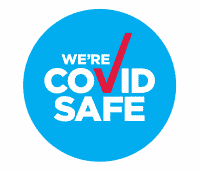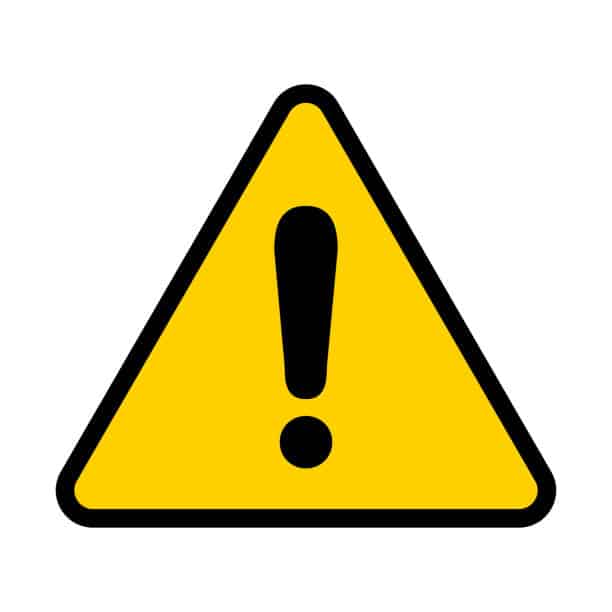Chemotherapy
Considering chemotherapy in cancer treatment
Chemotherapy is a method used for treating cancer. It can be used alone or in conjunction with surgery or less commonly radiation therapy. The drugs used are the same used on human patients but in our animal patients we use lower doses so the side effects are less severe and less common than with humans. The quality of life in our animal patients is generally very good and the chemotherapy in some cases can prolong the life of our patients for a significant amount of time compared with no treatment at all.
Chemotherapy drugs are designed to kill rapidly dividing cells, such as cancer cells. They also affect some rapidly dividing normal cells in the body, including cells that line the intestine and cells that make up the bone marrow. The normal cells recover faster than cancer cells allowing more chemotherapy to be given in order to kill the cancer cells that are trying to recover.
Side effects
Some animals will get sick at home – you will notice that they are quieter than usual and may have a high temperature and so be panting or feel hot to touch. You should call us immediately if this occurs.
The most common side effect following chemotherapy is nausea and vomiting – this can happen within a couple of hours or a few days. It occasionally can be severe, so you should notify us if this occurs.
After certain chemotherapy drugs, you may be given anti – nausea medication to give your pet at home. If the vomiting cannot be controlled at home, some patients may require injectable anti – nausea medication. Diarrhoea can also occur. In the unlikely event that the vomiting and diarrhoea is severe, the patient may need to come into hospital so we can administer intravenous fluids.
Bone marrow suppression is also a very common side effect of some chemotherapy drugs (this means that the patient may become more susceptible to infection due to a suppressed immune system). In this case the white blood cells are more affected than red blood cells, therefore we monitor the number of white cells by testing the blood 7-10 days after certain chemotherapy drugs have been given. If the number of white cells is very low we may prescribe antibiotics for your pet.
Hair loss (alopecia) is much less common in animals than humans undergoing chemotherapy, and is more common in certain breeds such as old English sheep dogs, poodles, and schnauzers.
Skin irritation can occur around the site of the catheter where the drug has been injected. Some drugs are far more irritanting to the tissue than others. You need to check the leg where the chemotherapy was given for the week afterwards and contact us if you notice any redness or swelling.
It is important to watch your pet closely after chemotherapy has been given and contact us immediately if you have any concerns or questions.
Safety Concerns
Chemotherapy drugs are cytotoxic (cause cell death), mutagenic (cause changes in DNA of the cell), embryo toxic (cause death to unborn children) and carcinogenic (cancer causing). These drugs are used to kill cells and so should be handled with care.
The risks are greater when handling the drugs themselves, but some drugs are excreted in the urine, faeces and saliva of our patients. Most drugs are inactivated in the body, but some (particularly cyclophosphamide) remain active in the urine. Most of the drug is eliminated after 2-3 days.
You are in no danger living with an animal having chemotherapy (like with humans being treated) but there are precautions that should be taken.
No pregnant or breast-feeding women or young children should handle the urine, faeces or anti cancer medication of animals being treated. If possible you should leave the faeces for 48 hours outside as UV light breaks down the drug. If urine or faeces does need to be cleaned up, wear gloves and use dilute bleach.
Protocols and drugs used
The drugs that will be given, the frequency and order in which they are given, depend on the type of cancer being treated and what decisions you have made. In some protocols weekly visits of up to 15 weeks are required. We will discuss the best options for your pet and try and work this around your schedule. There are usually several options available.
Some specific drugs and their more common side effects include:
Prednisone is the least toxic of all the chemotherapy agents. It has many uses in medicine and is not a specific chemotherapy drug, but can slow down cell division. It is usually very well tolerated, but can cause an increase in thirst and urination and an increase in appetite.
L-asparaginase is also well tolerated. It can cause an allergic reaction in some rare cases and pancreatitis (which can be indicated by vomiting).
Vincristine can cause vomiting after administration, and in some rare cases can cause pain in the nerves of the legs. It is also an irritant to tissues if injected outside the vein.
Cyclophosphamide can cause bone marrow suppression (low numbers of white cells) and blood in the urine.
Doxorubicin can cause bone marrow suppression, heart problems and is a potent irritant if injected outside the vein. The heart problems it can cause depend upon the total amount given, so we will not give more than the allowable dose.
Chemotherapy is an excellent treatment option that can increase the life of your pet whilst still maintaining quality of life.
Please contact us with any questions about chemotherapy on 9817 5758








